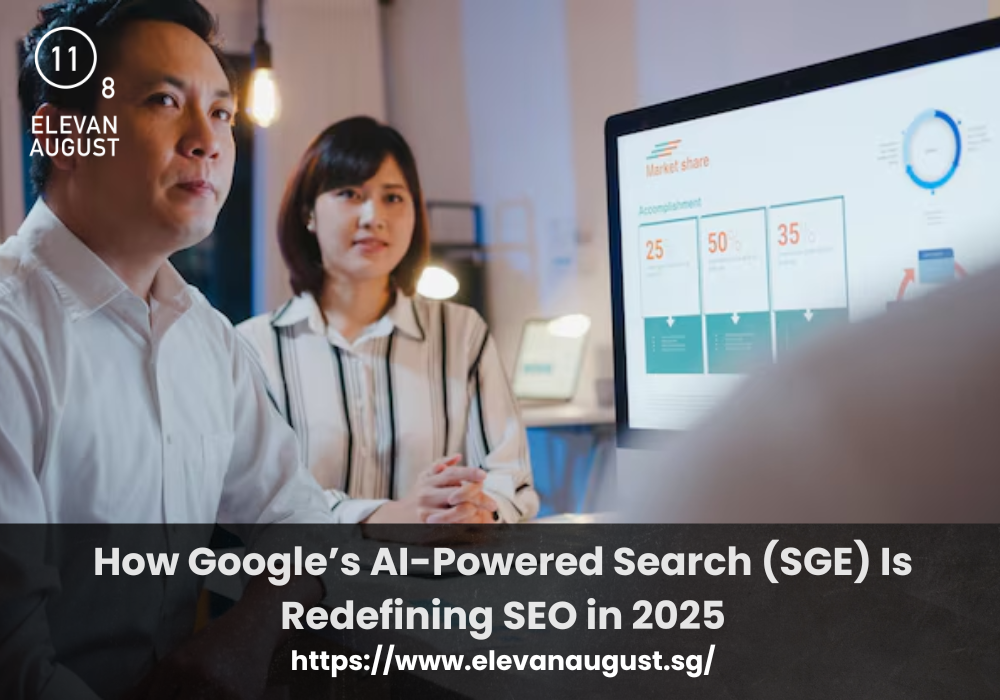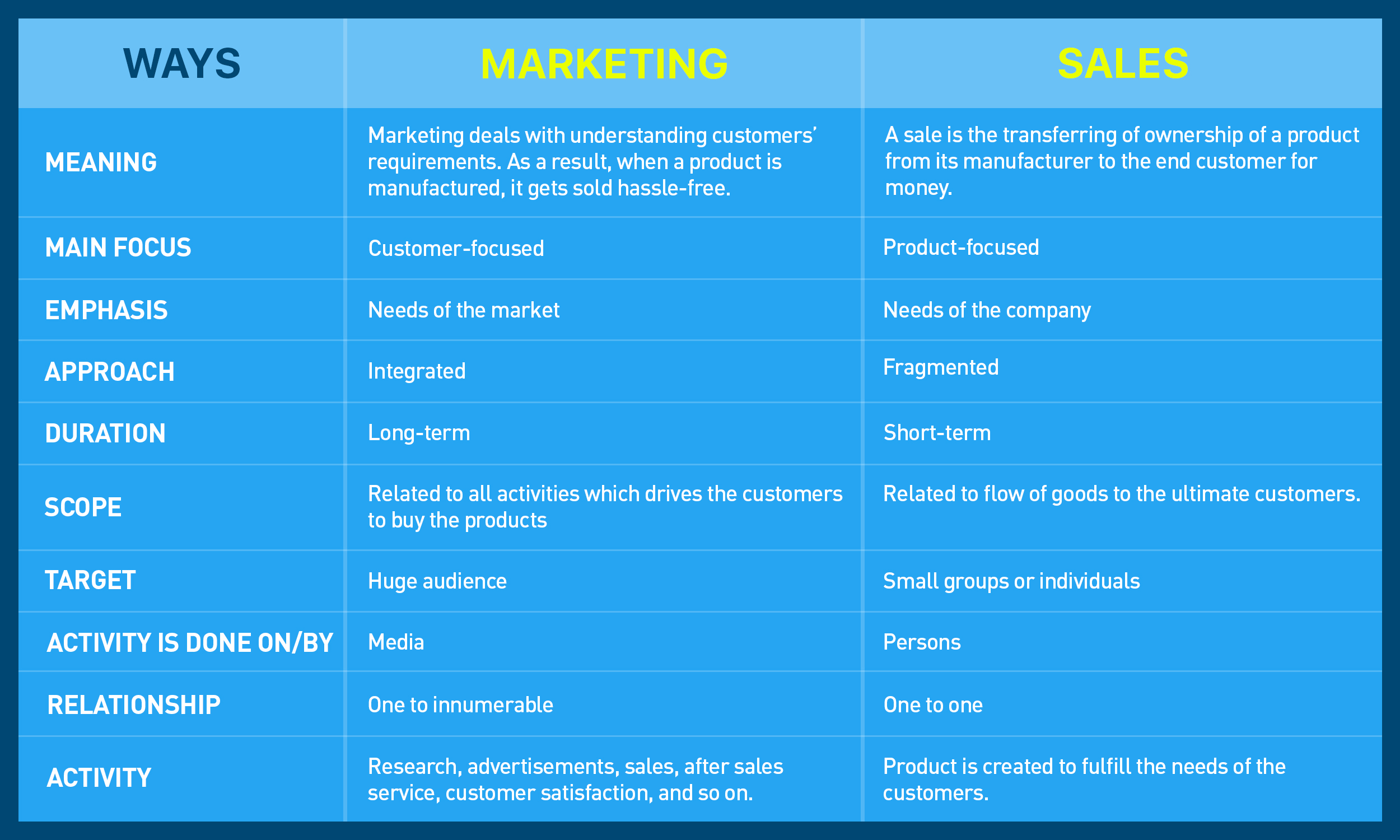You’ve probably noticed this already. Search doesn’t feel the same anymore. The results page isn’t just links—it’s a full-blown answer sheet.
Google now speaks to you like it already knows what you want. That’s Search Generative Experience (SGE) in action.
So if you’re running a business or creating content, here’s the truth: your old SEO tactics are getting ignored.
You’re not just chasing rankings anymore. You’re trying to be part of Google’s own answer.
Google SGE Isn’t Showing Results—It’s Writing Them
SGE takes bits of information from different websites and turns them into a complete summary.
It’s fast, relevant, and keeps people right on the results page. There’s no journey through ten open tabs anymore.
And that means your content only matters if it gets pulled into that summary.
You’re no longer aiming for page one. You’re aiming to be quoted, sourced, or referenced in a way that feels natural to the AI model pulling the strings.
Your Content Now Needs to “Talk” Like People Do
Search queries sound more like texts than typed commands now.
People ask things the way they talk. Google responds in kind. So, your content has to follow that same rhythm.
Let’s say someone searches, “how do I know if my bounce rate is too high?” They’re not looking for jargon. They want a clear, straight-up answer.
The kind you’d give if they asked you directly.
So drop the buzzwords. Focus on clarity. Break down the logic. And make sure you’re actually answering the question they meant to ask, not just the words they typed.
Authority Isn’t Optional Anymore
Google doesn’t blindly trust just anyone. SGE is picky about where it pulls information from.
The more your content shows real insight, the better your odds of being surfaced in those summaries.
Say you’re covering SEO trends 2025 Singapore businesses actually need to watch. It’s easy to throw together a generic list. But that won’t cut through.
What helps?
Referencing real campaign data. Pointing to trends you’ve seen with local clients. Citing region-specific sources.
That level of detail shows you’re not just repeating what’s out there—you’re contributing. And that’s what gets picked up by Google’s AI summaries.
How You Structure Content Matters
SGE doesn’t guess what you’re trying to say. It looks for clean formatting and structure.
If your post has clear subheadings, answers common questions, and uses schema markup, you’re making its job easier. And it rewards you for that.
On the flip side, if your page is just a wall of text? SGE skips it. Simple as that.
Forget the Top 10—Get Mentioned Instead
Ranking in the top 3 is great, but now you can get featured without being on page one.
That’s because SGE can pull quotes, lists, and facts from anywhere, especially if your content is getting talked about elsewhere.
So, if you’re not optimizing for brand visibility and citations, you’re missing out.
This is where social mentions, Reddit comments, and even community boards start pulling weight.
Final Thoughts
Search isn’t just evolving. With Google SGE SEO 2025 developments, it’s being rewritten.
The strategies that worked last year might not even get you seen today. What matters now is showing up where the AI is looking.
That’s what we’ve been working on behind the scenes.
As SEO shifts, we’re helping clients rethink visibility, not just rankings.
Whether you’re local or regional, if you’re looking for an SEO agency Singapore businesses already rely on—we’re probably already doing the kind of work you’ll need next. Get in touch with us today.






